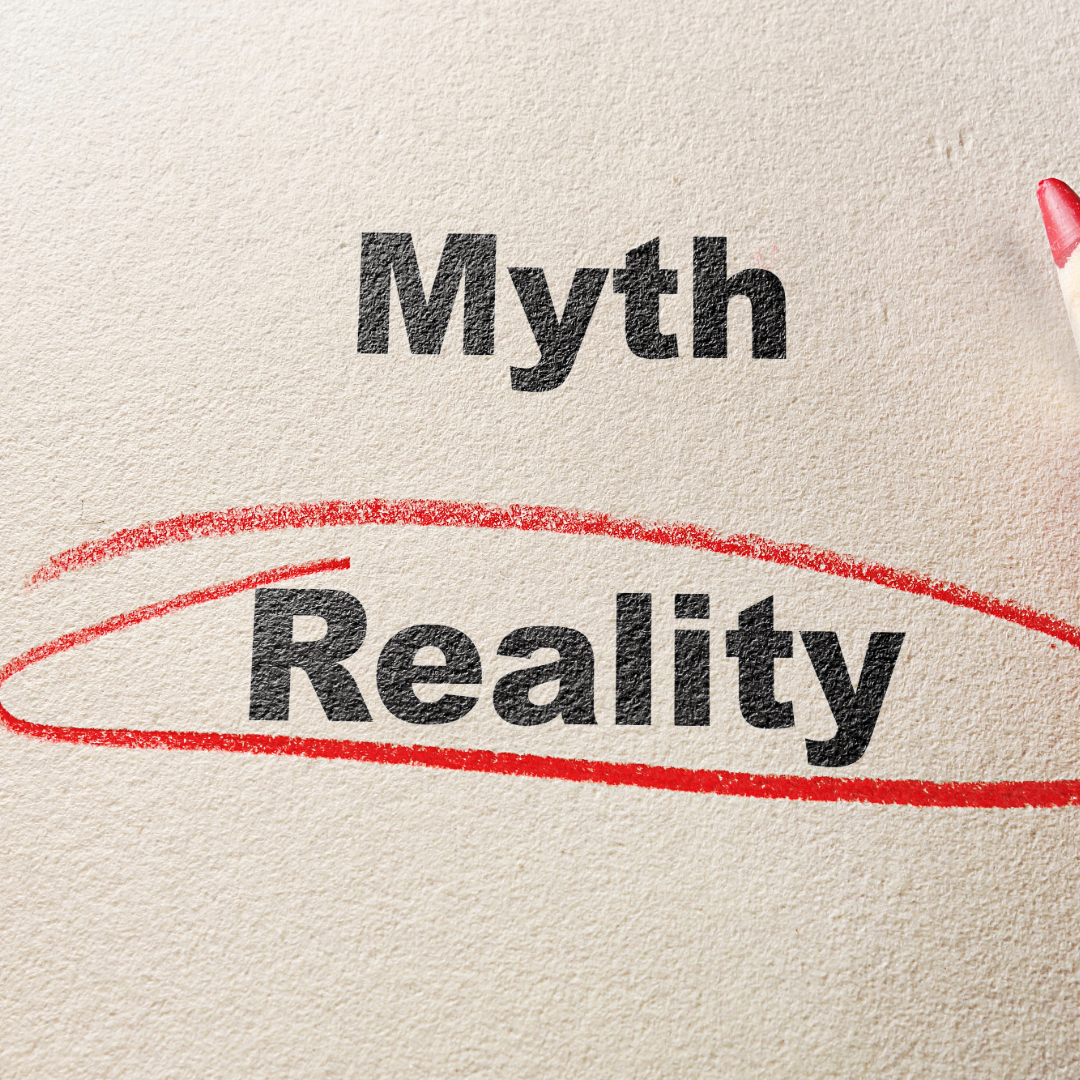
Lasting Power of Attorney: Myths vs. Reality
A Lasting Power of Attorney is a legal document that empowers a chosen individual (or individuals) to manage their affairs if they become unable to do so yourself.
England and Wales use Lasting Powers of Attorney (LPAs), while Scotland uses Continuing Powers of Attorney (CPAs).
Types of LPAs:
- Property and Financial Affairs: Allows your attorney to manage your finances, property, and investments.
- Health and Welfare: Enables your attorney to make decisions about your medical care, living arrangements, and personal welfare.
Common Misconceptions:
Many people delay or avoid creating LPAs due to common misconceptions:
1. “My next of kin can make decisions for me.”
- Myth: Whilst your next of kin (closest relatives) may be involved in your care, they do not automatically have the legal authority to make medical or financial decisions on your behalf.
- Reality: Only an attorney appointed through a valid Lasting Power of Attorney has the legal power to act on your behalf, ensuring your wishes are respected.
2. “I have a Will, so I don’t need an LPA.”
- Myth: A Will only comes into effect after your death, dealing with the distribution of your assets.
- Reality: LPAs are designed for during your lifetime, allowing your chosen attorneys to manage your affairs if you lose mental capacity.
3. “My family will look after me, so I don’t need a Lasting Power of Attorney.”
- Myth: Even with the best intentions, your family cannot automatically access your finances or make medical decisions for you without a valid LPA.
- Reality: Without an LPA, your family may face significant legal hurdles and delays in providing you with the necessary care and support.
4. “Our assets are joint, so we don’t need an LPA.”
- Myth: Joint accounts do not automatically grant the other account holder full access if one partner loses mental capacity.
- Reality: Banks may restrict access to joint accounts to protect the incapacitated individual. A Lasting Power of Attorney provides the necessary legal authority for your partner to manage joint accounts.
5. “LPAs are just for the elderly.”
- Myth: Anyone can lose mental capacity at any time due to accidents, illness, or unforeseen circumstances.
- Reality: Creating LPAs while you are mentally capable ensures your wishes are respected and avoids potential legal complications and delays in your care.
Read if you need a lasting Power of Attorney
Setting up a Power of Attorney without advice
Alternatives to LPAs:
If you do not have a Lasting Power of Attorney in place and lose mental capacity, someone may need to apply to the Court to become your Deputy (England and Wales) or Guardian (Scotland).
This process is more time-consuming, costly, and potentially stressful for your loved ones.
Conclusion:
Crucial legal documents, LPAs provide peace of mind and ensure that your wishes are respected if you are unable to make decisions for yourself.
We highly recommend that you consider creating a Lasting Power of Attorney alongside your Will to ensure that your affairs are managed according to your wishes.
Contact us today if you wish to discuss your circumstances and the need for an LPA.
Disclaimer: This blog post provides general information only and should not be considered legal advice.
